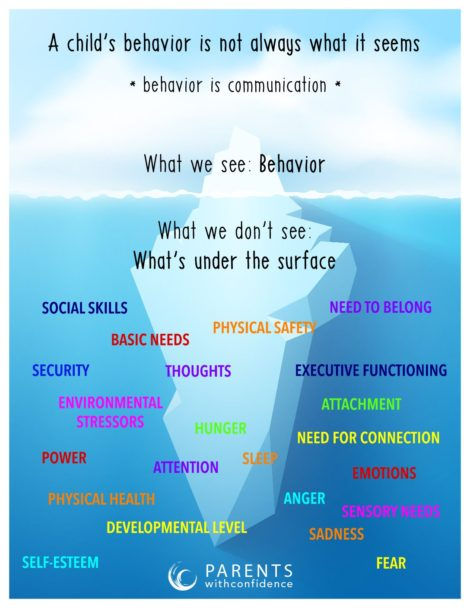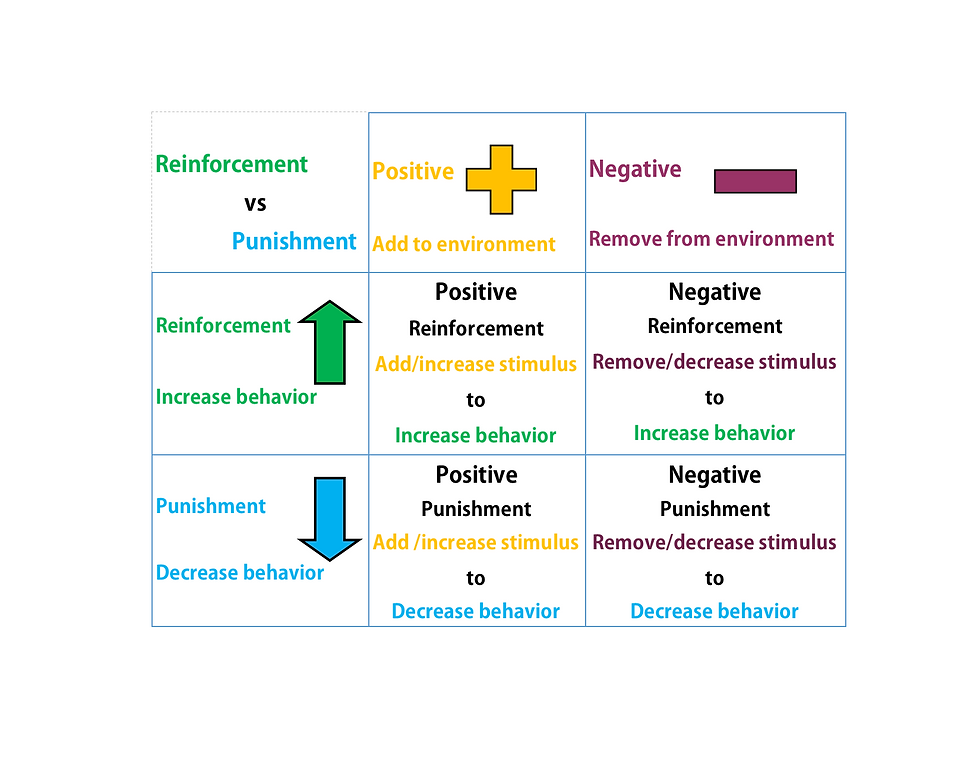15 Tips How to De-escalate an Anxious Child.
- Kelly Minor

- Mar 29, 2020
- 1 min read
Updated: Apr 14, 2020
Lots of our students will need a refresher on expectations after being away for two weeks. When our students are being “defiant”, “oppositional”, “disrespectful”, or “out of control” they are communicating to us. We are just seeing the tip of the iceberg not what is underlying.

Jessica Minahan, is a certified behavior analyst, special educator, and co-author of The Behavior Code: A Practical Guide to Understanding and Teaching the Most Challenging Students. She has great tips in how to de-escalate an anxious or defiant student.
1. Make positive attention compete with negative attention.
2. Form a positive relationship with child by using public fact based praise.
3. Teach how to wait.
4. Giving a child a break from class will not give them a break from internal negative thoughts. Pair a break with cognitive distractions.
5. Using timers but also warning to find a stopping point for those students who won’t be able to finish a task.
6. Giving students an in between step to make transition more agreeable.
7. A step between transitioning from each activity.
8. Preview work for the day.
9. Help the child build a strategy toolbox by naming the strategy when the student is exhibiting that strategy.
10. Build persistence by doing the “easy” problems first, then harder problems (behavior momentum)
11. Teach child how to do a body check to describe emotions.
12. Anticipate those moments and rehearse self-calming strategies when the child is calm.
13. Rehearse replies to confrontations.
14. When demanding something of a child, don’t ask yes or no questions.
15. Reward practice or strategy use, not performance.
De-escalation Tips TeleSPED ECHO (click on link below):


Comments